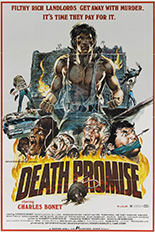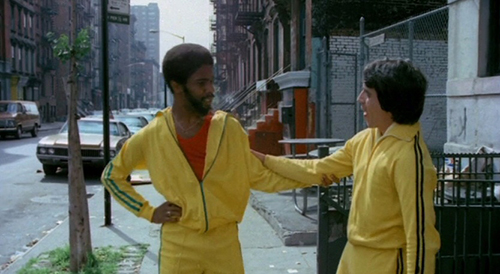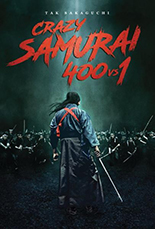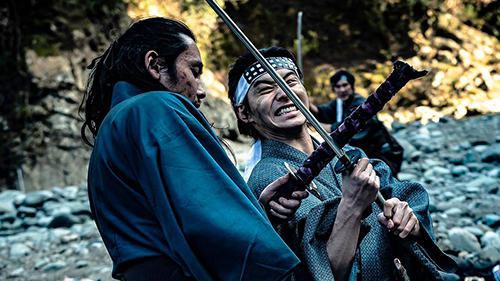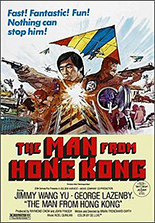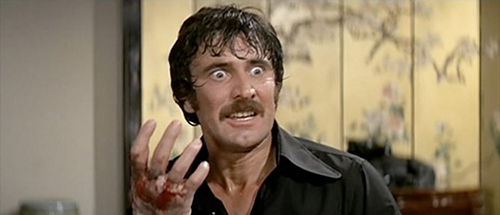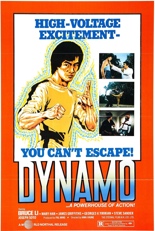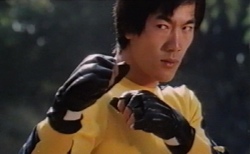
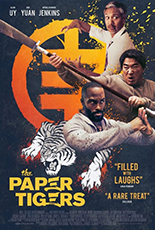 The older I get, the more I realize that I’m doomed to watch these dumb young kids get all the good dumb action movie roles; it’s like babysitting a kid who knows how to punch and kick — a job I really don’t want or need. So maybe that’s why I absolutely loved The Paper Tigers so much.
The older I get, the more I realize that I’m doomed to watch these dumb young kids get all the good dumb action movie roles; it’s like babysitting a kid who knows how to punch and kick — a job I really don’t want or need. So maybe that’s why I absolutely loved The Paper Tigers so much.
Capturing three 40-something men who are stuck in the dire pit of utter mundanity and near hopelessness, they claw their way back above ground with the help of remembering their martial arts upbringing and the man that taught them. That’s an idea and execution I can fully get behind and support.
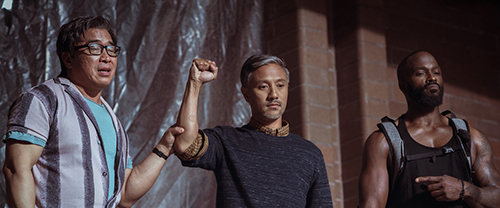
Danny (Alain Uy) is a failing insurance salesman who has long put his kung-fu training behind him. When his old ramshackle teacher is murdered by a pupil, he hooks back up with his long-lost friends — a disabled Hing (Ron Yuen) and MMA instructor Jim (Mykel Shannon Jenkins) — to track down the killer, who happens to be working as an assassin using a secret method that was never taught to the now-aged men.
And while the fight scenes are definitely enjoyable to watch, the film never backs away from the realities of getting old, from the slower stamina to the years of absolute regret that can build up. As the trio face these realized difficulties, they take on a trio of young upstarts, a rival school’s comedic underling and other martial arts tropes that drive the point home, especially in its railing against the mental blocks that stop most people dead in their tracks.
The Paper Tigers has such a good heart — not to mention moments of total action and relatable comedy that only people our age could possibly understand — it feels as though writer and director Quoc Bao Tran has been put through his own paces as well, with the cast charmingly fulfilling it with humor and pathos, something that’s typically missing from many martial arts flicks, especially these days. —Louis Fowler

